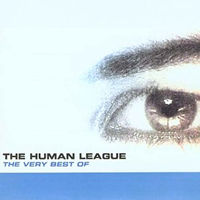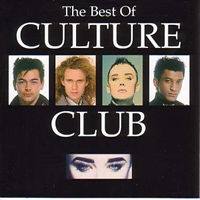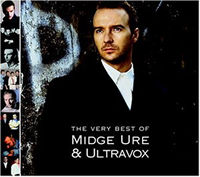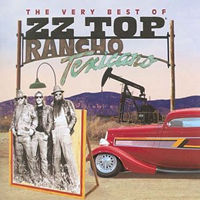Jason Maloney reviews
V o l u m e # 3 8 Chart Date: 27th October 1984 Online Date: 29th October 2004

The Human League
Moving up 2 places to #2, No More Lonely Nights continued Paul McCartney‘s hot streak of Top 3 hits that had begun 12 months earlier with the Michael Jackson collaboration Say Say Say and would later continue with We All Stand Together. No More Lonely Nights was taken from Macca’s full-length feature Give My Regards To Broad Street; a critical and commercial failure, the accompanying album did however top the UK chart.
Another film-related hit was at #3; Phil Oakey & Giorgio Moroder‘s Together In Electric Dreams, from the fluffy US romantic comedy Electric Dreams. Oakey’s 1984 had not previously been a happy one; The Human League‘s long-awaited return woth the follow-up to 1981’s epochal Dare! album was underwhelming, greeted with mixed reviews and failing to yield a Top 10 hit. Despite an inauspicious start, debuting at #39, Together In Electric Dreams climbed steadily for a month to reach the Top 5.

Parade’s third of four hits, Highly Strung (up from #25), had to settle for a #15 peak. At least Paul Young managed to maintain his commercial momentum from the previous year, as I’m Gonna Tear Your Playhouse Down (falling from #9 to #11) had made it 4 Top 10 hits in a row.

Midge Ure & Ultravox
A strong Top 10 was completed by The Cars‘ Drive (going gently into reverse at #7), All Cried Out by a newly-solo Alison Moyet (up 4 to #8, to follow the #10 peak of her debut single Love Resurrection), John Waite‘s US #1 Missing You (inching up from #10 to #9) and The Style Council‘s anthemic Shout To The Top (falling from its high of #7 to #10).
The same year as his late father appeared on the UK Top 40 with previously-unreleased material, Julian Lennon made his chart debut with Too Late For Goodbyes, climbing 18 to #12 this week in 1984. Although further hits would follow in America, it would be his last UK success until 1991’s Saltwater reached #6. There would be no more Top 10 hits for Ultravox, however; Love’s Great Adventure (moving #23-#13) – the one new track on their upcoming Greatest Hits set The Collection – ultimately went as high as #12, but none of the singles from 1986’s swansong U-VOX progressed further than #30.

Very Best of ZZ Top
There were just 4 newcomers to the chart; Status Quo‘s cover of The Wanderer (originally a hit for Dion & The Belmonts) debuted at #23, two places above Billy Ocean‘s renamed US chart-topper Caribbean Queen (aka European Queen). It was the UK soul star’s first Top 40 entry of the decade, having scored a run of major hits in the latter half of the 70s. Hirsute boogie men ZZ Top were in at #34 with a re-issued Gimme All Your Lovin‘; the classic opener from the Eliminator album, it became the band’s breakthough UK single and heralded a renewed promotional campaign for the album and its other singles Sharp Dressed Man and Legs that lasted well into 1985.
Bringing up the rear at #40, Limahl‘s theme song for the children’s fantasy film The Never Ending Story proved to be the former Kajagoogoo frontman’s final hurrah on the UK chart, going as far as #4 but unfortunately (for him) failing to revive his already-flagging solo career in the longterm.
Page Content copyright © Jason Maloney, 2004.
Reviewer of movies, videogames and music since 1994. Aortic valve operation survivor from the same year. Running DVDfever.co.uk since 2000. Nobel Peace Prize winner 2021.
